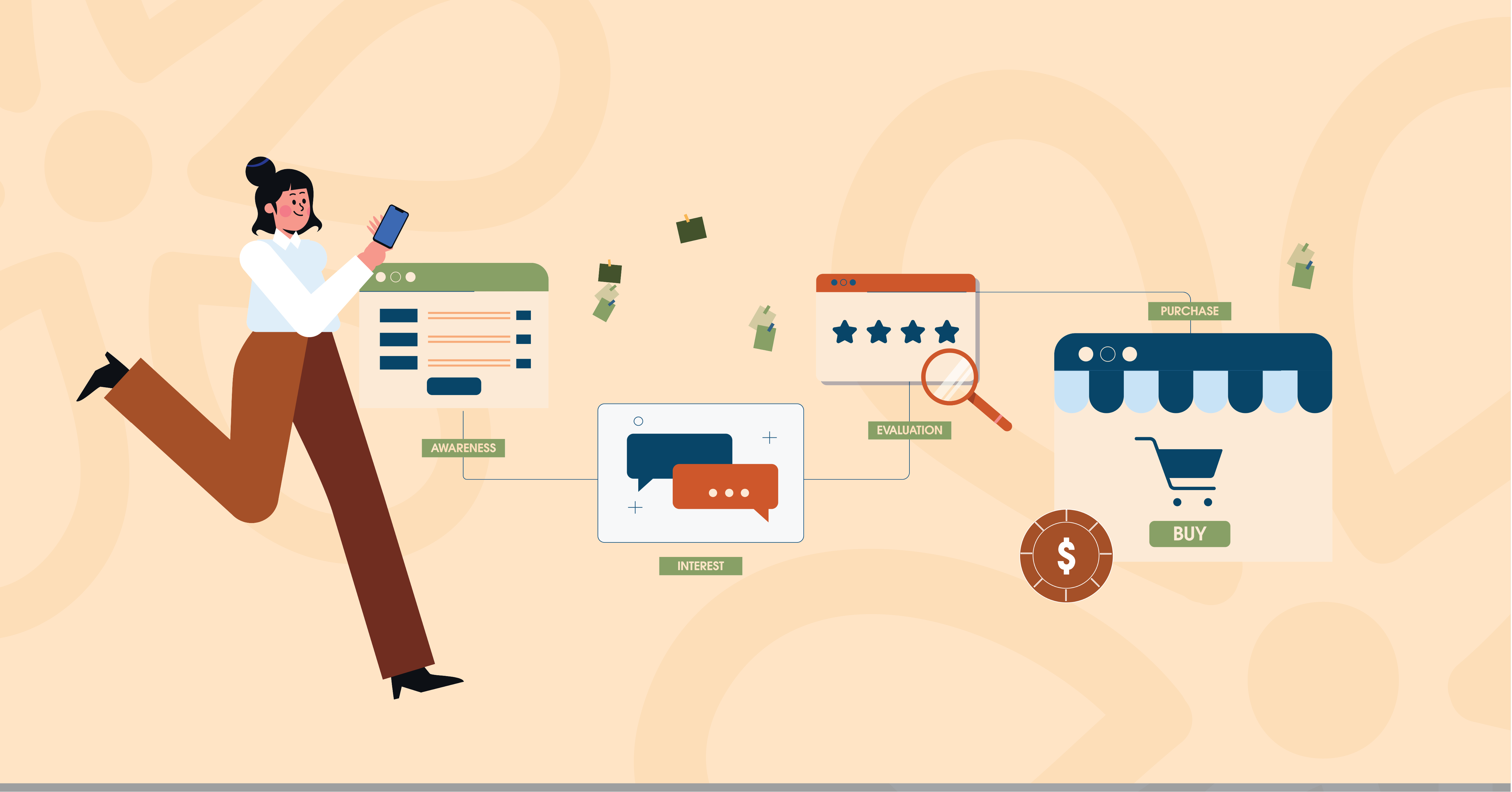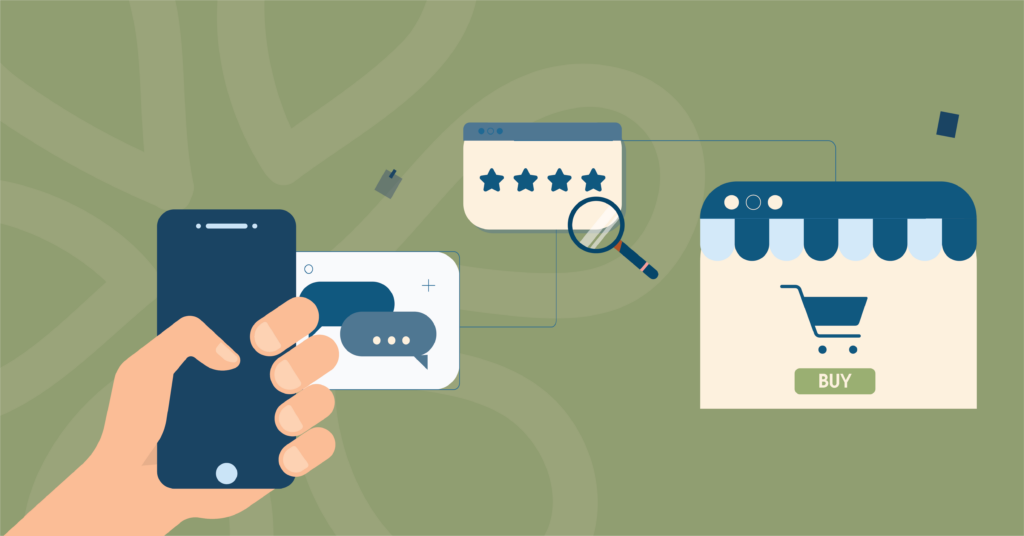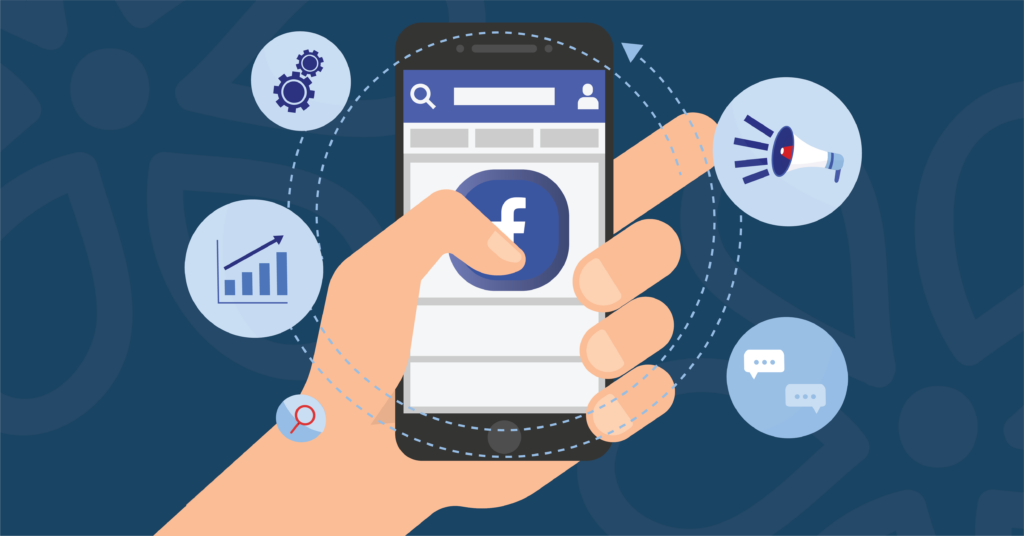What Is Multichannel Marketing vs. Omnichannel Marketing?
Creating a cohesive customer experience has always been the goal of marketers. But with so many digital channels to attend to, brands can become lost. Multichannel and omnichannel marketing offer two distinct schemes for managing the growing storm of marketplaces, platforms, and digital spaces. Explore the world of many-channel marketing – and why omnichannel solutions drive the best customer experience for your brand.
The Focus of Multichannel Marketing
Multichannel marketing is a product-focused strategy that targets multiple channels to deliver a message to customers. Sales sit at the center of multichannel retailing, surrounded by digital and physical channels like ecommerce websites, social media, email marketing, TV and print ads, and more. Multichannel means that each channel is handled independently, forcing the brand to engage customers within the dimensions of the specific channel.
Brands have historically chosen a multichannel strategy because it gives substantially more exposure than a single channel. Consumers can choose where to purchase products, brand awareness is greatly expanded, and companies can reach more users than before.
The Focus of Omnichannel Marketing
Omnichannel marketing picks up what multichannel marketing leaves behind – a powerful extension of the multichannel approach. While multichannel marketing neglects the customer, omnichannel underscores its importance. Where multichannel forgets integration, omnichannel emphasizes collaboration.
An omnichannel marketing strategy takes the network of sales channels and maintains consistency throughout the various brand-customer touchpoints. Instead of siloing each channel, the omnichannel approach views them as a whole. When creating a marketing strategy, the omnichannel approach focuses on creating a uniform customer experience across physical, print, and digital channels. Gathering customer data and user experience metrics, omnichannel retail emphasizes connection.
The benefit of the omnichannel customer experience is powerful. Because of the ability to synchronize data, brands better understand how users engage with each stage in the sales funnel. Digital channels allow marketers to access and automate information about customer engagement, needs, and pain points. This allows marketers to create campaigns to let users pick up where they leave off and enter the funnel at any stage. The pervasiveness of omnichannel marketing also means you can amplify your distribution to include the best content for the chosen marketplace across all available channels. The omnichannel strategy allows companies to more fully understand what users like and make sure it’s in front of them.
Examples of omnichannel marketing:
- Users receive emails about abandoned carts in online stores.
- Potential customers see retargeting ads on social media about items they’ve explored online.
- Employees at a brick-and-mortar store use iPads updated with accurate inventory data for online and in-person items.
- Mobile apps offer the ability to perform tasks that are updated to your account across all platforms for use in physical stores and online.
Key Differences: Omnichannel vs. Multichannel
Multichannel and omnichannel marketing have both become staples in the marketing world, but their differences in focus, execution, and result are important for brands to examine.
Strategy focus
Again, multi- and omnichannel approaches emphasize different elements. Multichannel marketing takes a product-focused approach, using each channel to deliver a message about the product or service offered. Alternatively, omnichannel marketing directs attention toward the customer.
Channel integration
Multichannel marketing efforts treat every channel as an independent opportunity, while omnichannel considers the network of channels as a living thing.
Multichannel marketing relies on data from each channel, but it does not consider how that data could be synchronized. Omnichannel marketing does just that – unifying product and customer data and dispersing it to the benefit of sales and customer experience on every platform.
Customer experience
The customer-centric nature of omnichannel marketing makes it significantly more beneficial for customer retention. Rather than prioritizing the message your brand sends via any number of channels, omnichannel marketing concentrates on how the customer will receive that message. The result gives them a personalized experience throughout their customer journey.
Because each medium is a silo in multichannel marketing, the customer experience can often feel inconsistent or disjointed. Omnichannel marketing avoids that to make the flow as seamless as possible, creating a cohesive experience and recognizable brand at every customer touchpoint.
Why Use Omnichannel Marketing?
Omnichannel’s implications for your customer experience are too significant to ignore. While multichannel marketing is a great starting point for some brands, the end goal should be to extend that into an omnichannel strategy.
Tracking customer behavior is vastly more achievable when your data is synched. With that, you can connect in-store purchasing with the online experience, weave multiple digital channels into your strategy, and see the benefits of both for customer loyalty.
Omnichannel marketing also helps you design better content. Marketing campaigns tailored to the needs of different channels and unified by data let you produce content that creates conversions.
The omnichannel customer can rely on your brand to be consistently thoughtful. Whether they’re enjoying your content or checking out at your retail store, they feel like their needs are met – because they are.
The Recipe for a Seamless Experience: First Media’s Omnichannel Strategy
Omnichannel marketing is essential – but it’s not always easy for brands to begin the transition. Adapting your digital marketing to include omnichannel ecommerce requires resources, time, and expertise. Omnichannel solutions are built on a complex infrastructure that takes time to execute.
First Media relieves the burden of developing omnichannel marketing from the ground up because we have a proven strategy in place. Our omnichannel distribution reaches your audience wherever they are with a seamless experience. We deliver unparalleled in-house production and real-time reporting across all channels so you and your customers can enjoy the benefits of effective omnichannel marketing.Partner with First Media to enhance your digital marketing strategy with omnichannel distribution.





